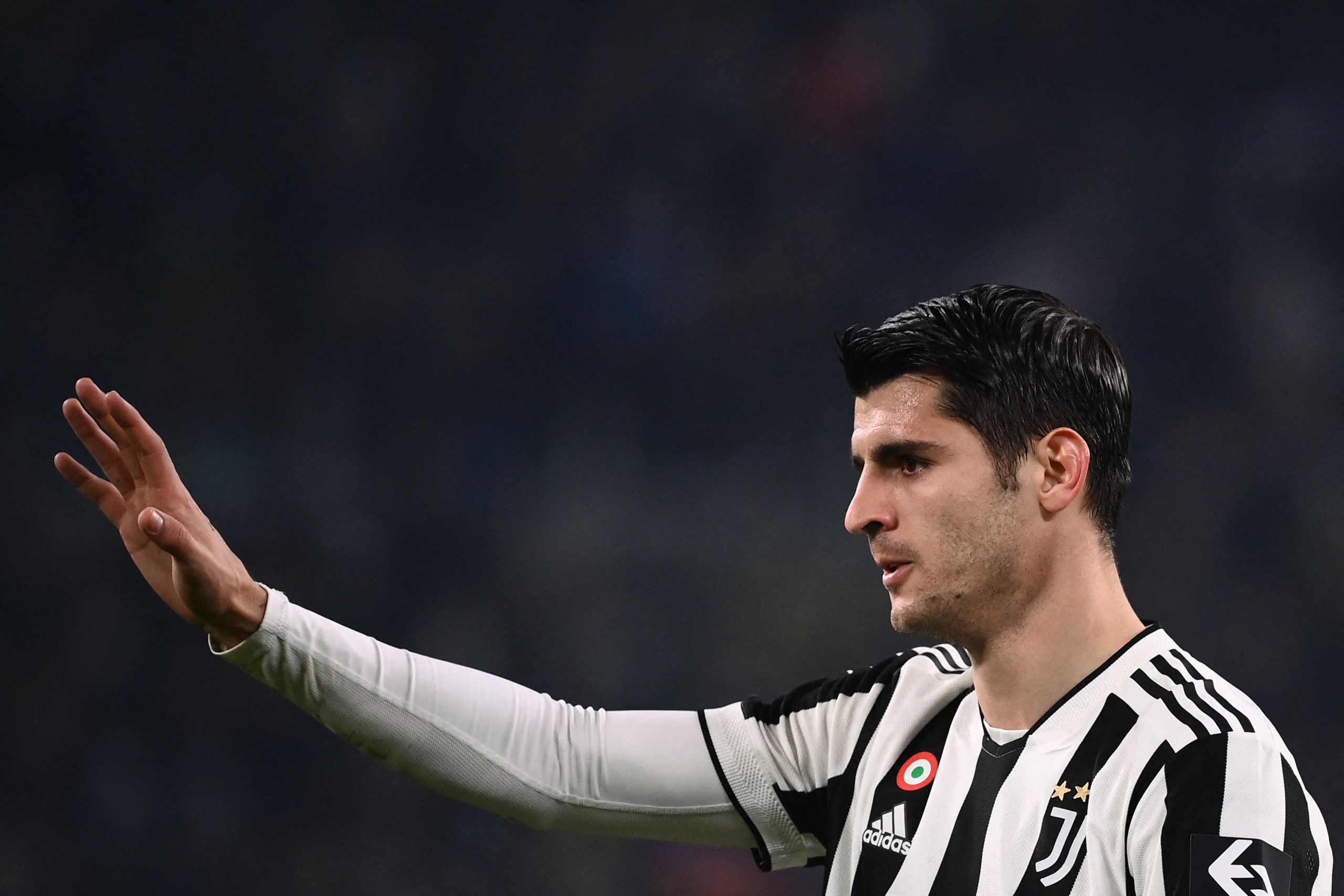New research on the brain’s blood-brain barrier suggests that the effectiveness of chemotherapy may vary depending on the time of day, according to a study published in the journal Frontiers in Oncology by a team of researchers led by William Walker of the School of Medicine. Medicine from the University of West Virginia (USA).
Walker and his colleagues administered chemotherapy to mice with breast cancer. Some of them received the treatments in daylight, when the mice – being nocturnal – are usually at rest. The other animals received them in the dark, an environment that more closely resembles the mice’s period of activity. They found that chemotherapy given during the dark phase killed more tumor cells than chemotherapy given during the light phase. In addition, they increased the survival rate by 20%.
–


